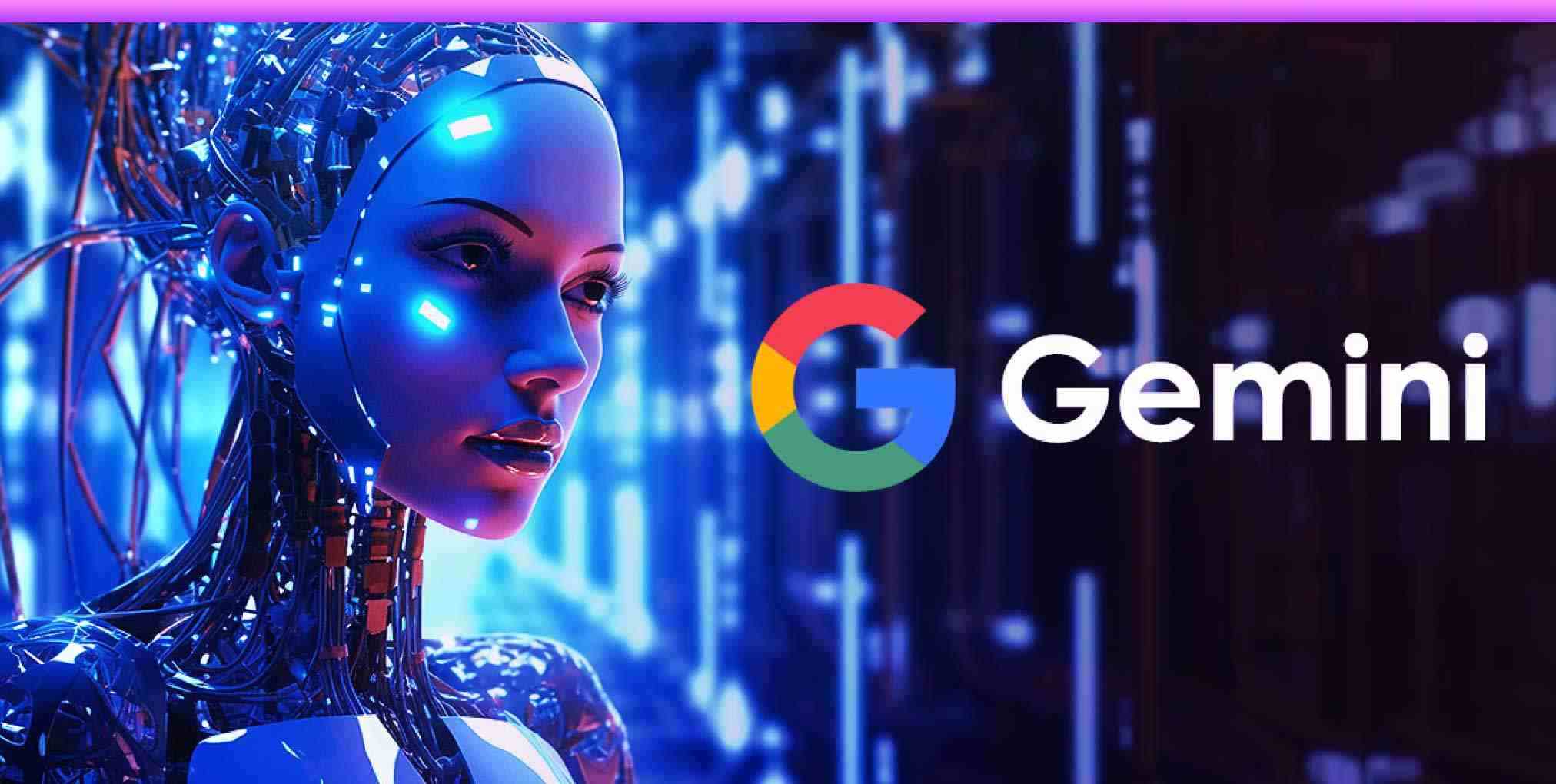Google Integrates "Gemini" into Chrome Browser to Enhance User Experience and Face Competition

Google has announced the addition of new artificial intelligence capabilities to its popular browser "Chrome", in a move aimed at enhancing user performance and facing increasing competition from startups like "OpenAI" and "Perplexity".
According to a post on the company's official blog on Thursday, September 18, the "Gemini" feature was launched for Chrome users on "Mac" and "Windows" in the United States, as well as on mobile devices. This feature will allow users to request assistance in understanding the content of a specific web page, manage tasks across multiple tabs, or accomplish complex tasks within a single tab, such as scheduling a meeting or searching for a video on YouTube.
On this occasion, Google's Senior Vice President of Platforms and Devices, Rick Osterloh, said: "We are developing the browser to help you get the most out of the web, in ways we didn't think were possible just a few years ago". He added: "And we are doing this while maintaining the speed, simplicity, and security of Chrome that many love".
The new application features deep integration with Google services such as "Calendar", "YouTube", and "Maps", allowing users to access these services directly without needing to navigate to separate web pages.
Google announced that "Gemini" will be available in the coming weeks for users of its enterprise productivity product "Google Workspace", where users will enjoy enterprise-level data protection, as mentioned by Google's Vice President of Products, Mike Torres, in a post on his blog.
The company also revealed future capabilities that will allow users to build custom services to perform specific tasks. In the coming months, users will be able to ask the agent to perform certain tasks, such as booking a haircut appointment or ordering weekly groceries, features that were part of an internal project called "Project Mariner", which was popular among company employees.
This launch comes amid the battle for dominance in consumer artificial intelligence, as browsers are a key gateway to accessing information online. Google and Microsoft have dominated most internet distribution points for years, which has led the U.S. Department of Justice to attempt to force Google to divest Chrome in an antitrust case.
However, the judge in the case recently ruled that Google can keep Chrome, "largely due to the fact that generative AI has radically changed the competitive landscape".
In a related context, Google's competitors in the field of artificial intelligence are seeking to launch new browsers to control the user experience. In January, "OpenAI" announced "Operator", an agent that uses the browser to accomplish tasks such as shopping through the "Instacart" app, and it is said that the company is working on its own browser based on the open-source "Chromium" codebase.
Last month, "Anthropic" launched a browser-based AI agent powered by its own "Claude AI" models. Meanwhile, "Perplexity" launched its "Comet" browser in July, dedicated to AI tasks, and made it available to subscribers for a fee.